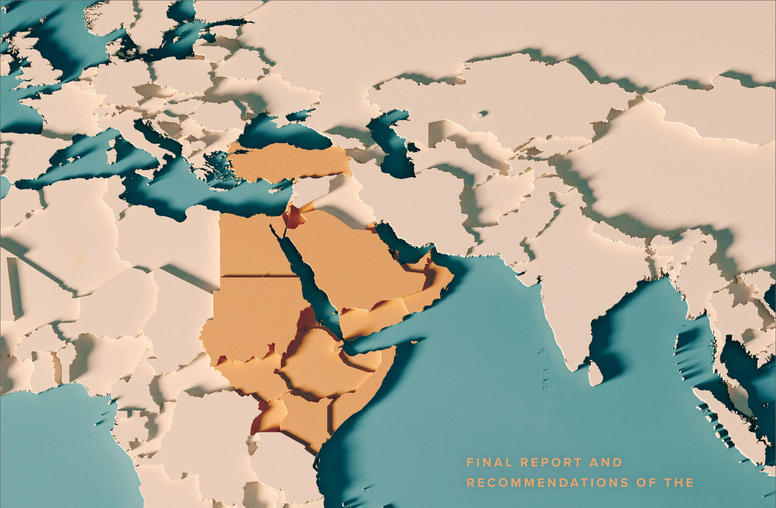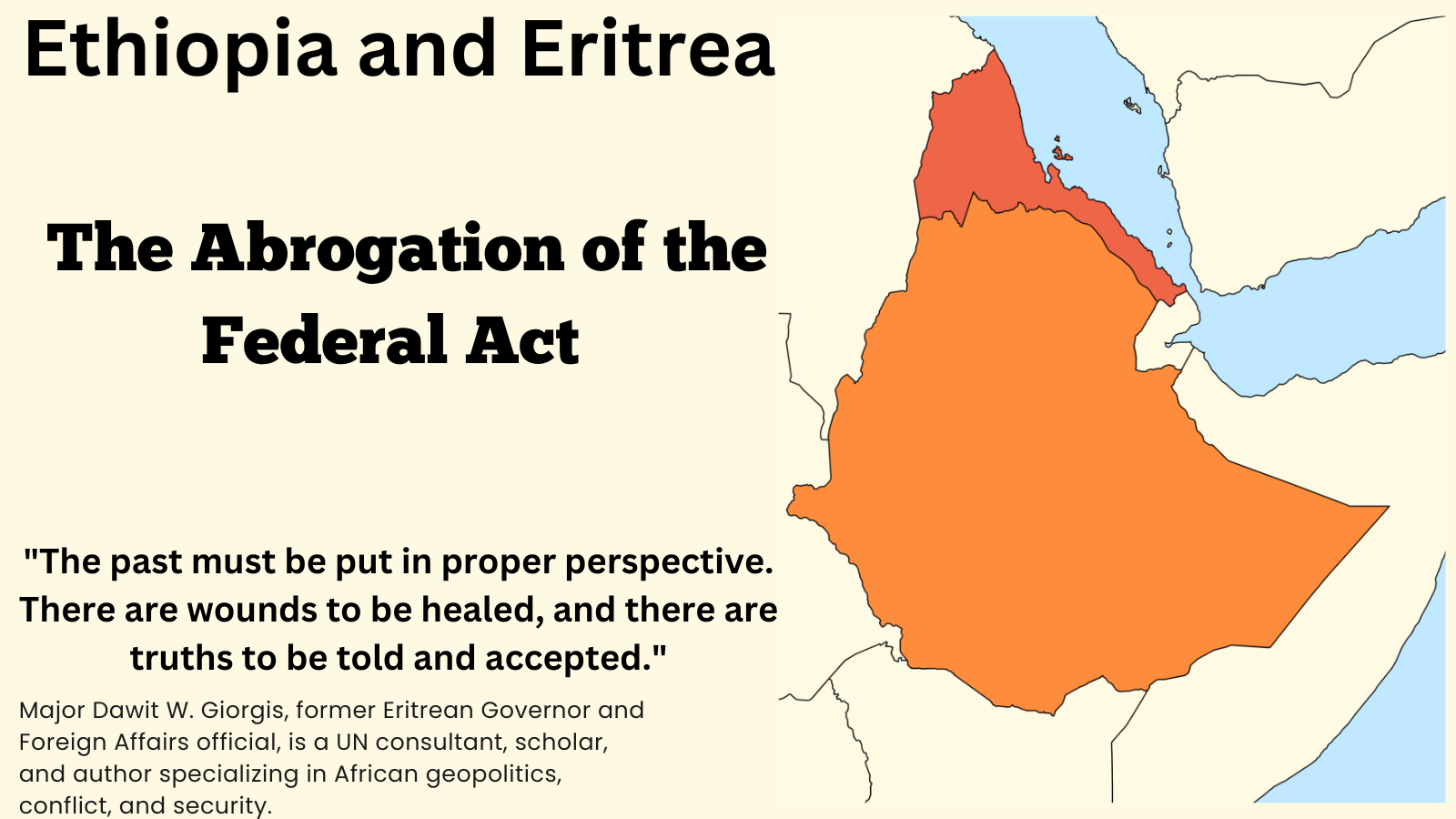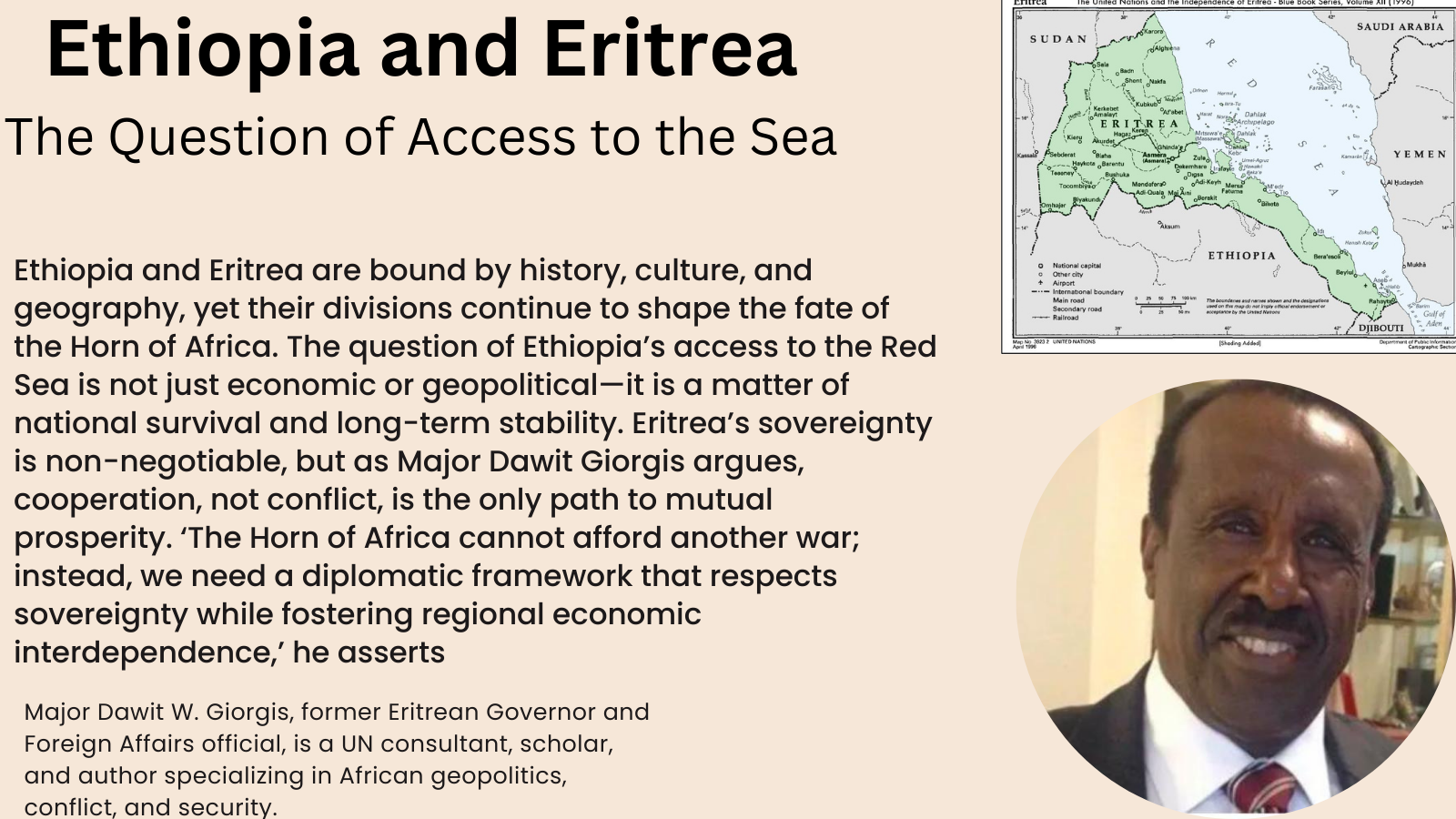Ethiopia Raises Alarm Over Regional Stability Amid Egyptian Military Deployment in Somalia

Ethiopia has voiced significant concerns regarding the transition from the African Union Transition Mission in Somalia (ATMIS) to a new peace support mission, following recent developments involving Egyptian military assets. The Ethiopian Foreign Ministry’s statement highlights the potential dangers to regional stability posed by this transition, which is set to replace ATMIS in January 2025.
The Ethiopian Foreign Ministry’s statement reflects apprehension over the increasing involvement of Egyptian military assets and the broader implications for regional stability. Somalia is set to replace ATMIS with a new African Union peacekeeping mission beginning January 2025, a shift that has been accompanied by a notable escalation in military involvement, particularly from Egypt.
The recent deployment of Egyptian military assets, including personnel and equipment, marks a pivotal moment. Two Egyptian C-130 aircraft recently landed in Mogadishu, delivering a total of 10,000 Egyptian troops, with 5,000 designated for the mission and the remainder not directly involved. The Egyptian military presence is concentrated in Somalia’s Hiiraan region, which borders Ethiopia. This strategic positioning of Egyptian forces and observers has heightened Ethiopia’s concerns about potential destabilization and proxy conflicts in the region.
Ethiopia’s response underscores several layers of concern. Firstly, there is fear that the transition from ATMIS, combined with the increased Egyptian military presence, could destabilize the region. The deployment of Egyptian forces near the Ethiopian border and in conflict-prone areas raises concerns about potential spillover effects and heightened regional tensions.
Additionally, Ethiopia views Egypt’s involvement as part of a broader strategy to exert influence in the region, potentially as a counterbalance to Ethiopian interests. This perception, coupled with the view of Ethiopian Prime Minister Abiy Ahmed’s regional policies as provocative, adds to the complexity of the situation.
Diplomatic friction is also a significant issue. Ethiopia accuses the Somali administration of collaborating with external actors like Egypt in ways that undermine Ethiopia’s contributions to regional stability. This friction highlights the broader geopolitical rivalries influencing the peacekeeping mission and complicates efforts to achieve consensus among the involved parties.
Regional experts offer additional insight into the broader implications of these developments. The current instability, exacerbated by ongoing war in Sudan and Ethiopia’s Amhara region, could make the region even more volatile. The potential for conflict could draw in Red Sea states such as Saudi Arabia, Egypt, Yemen, Sudan, Djibouti, and Eritrea, all of which consider the Red Sea crucial for their national security. With the United States, China, and some European nations already maintaining military presences in the Red Sea, and countries like Turkey, Iran, the UAE, and Russia entering the fray, the region risks becoming a battleground for global and regional powers.
Moreover, the humanitarian and security risks posed by the evolving situation cannot be overlooked. The increased military presence and the ongoing transition could impact humanitarian efforts and complicate the delivery of aid, particularly in areas affected by conflict.
The deployment of Egyptian military assets and the transition to a new peace support mission have far-reaching implications. Increased tensions could contribute to an environment of uncertainty and potential conflict spillover. The complex diplomatic landscape, marked by differing interests and strategic calculations, may hinder efforts to achieve a unified approach to peacekeeping. Additionally, the risk of proxy conflicts, where regional powers leverage local dynamics for their own ends, could further complicate the peace process.
East Africa’s strategic importance cannot be overstated. The Gulf of Aden and the Red Sea are vital maritime routes connecting Asia to Europe and the Americas, while the Horn of Africa serves as Asia’s gateway to the African continent. Disruptions in these key maritime routes could endanger global trade. Additionally, regional instability could revitalize extremist groups such as Al-Shabaab, which has reportedly recruited thousands of young Somalis to fight Ethiopian forces. An unstable East Africa thus poses a significant risk to global security and commerce. Addressing these concerns and navigating the complex geopolitical dynamics will be essential for maintaining stability and achieving lasting peace in Somalia and the surrounding areas.
 (@mfaethiopia)
(@mfaethiopia) 



